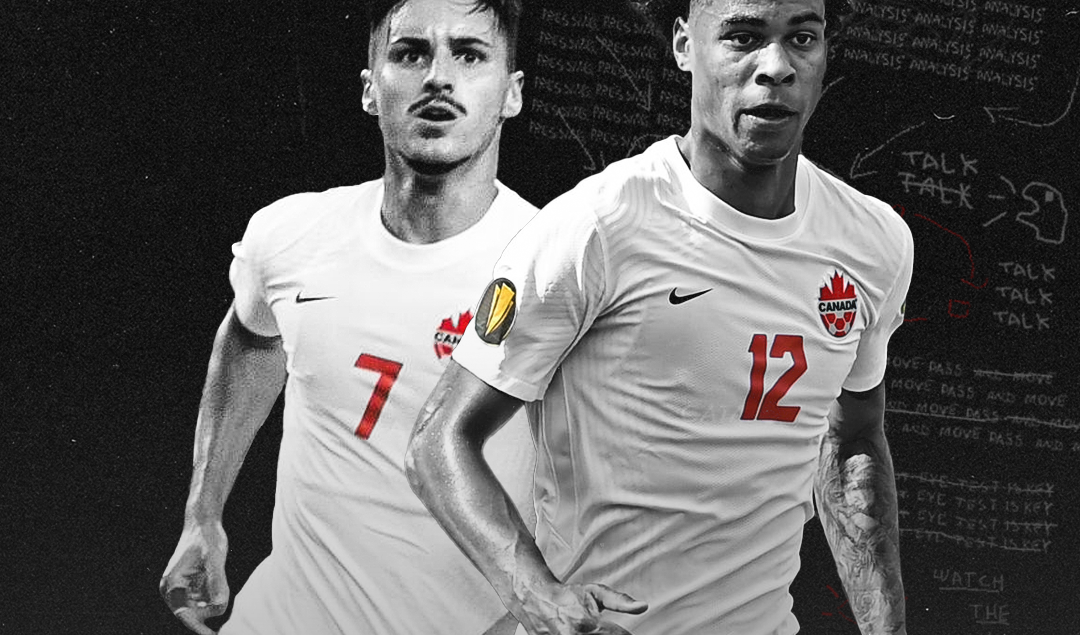The Canadian National Football Team: When Football Meets Multiculturalism
Should they collect one more point in their last three matches of the CONCACAF World Cup Qualifiers, they will be assured of having a spot in the biggest football tournament.
The Canucks are the only unbeaten team in the Octagon in 11 matches played. They’re the team with the most goals scored (19) and the one with the best defense (only 5 goals against).
In a region where the United States and Mexico have always dominated, Canada is stealing the spotlight. And we’re talking about a nation that has only played in one World Cup in their history. It was in Mexico 1986 when they lost all three matches in the group phase.
And the fever for the Maple Leafs in Canada is surprising local fans and even the President, Justin Trudeau, who’s visited the squad in their training camp to offer his support and gratitude for getting all Canadians pumped up for a historic feat.
Canada beat the USA for the first time in 34 years back in 2019 and they did it again in January to cement its position as the leading nation in the region, also beating Mexico at home on the way.
How has Canada managed to overcome its football heritage and become such a powerhouse in CONCACAF?
As many believe, football is a mirror of society, and the story of the Canadian national team is proof of this. It allows us to see how this sport can witness in first person the evolution of societies and cultures.
When you look at the composition of national teams, there’s a clear image of the immigration waves that the country has experienced in its history.
South America’s Argentina is full of Italian, Spanish, and other European descendants. Brazil has its share of African descendants. The case of France is also worthy of a study as the last squad that was crowned as World Champions in 2018 had 19 players that were 1st generation immigrants, meaning that their parents were born outside of France.
Migration flows are a central matter to the formation of societies and depending on which countries, these developments happened a long time ago or continue to happen in the present day.
This takes us back to our beloved Canada. A country whose 2016 census determined that 21,9% of their population were immigrants born in foreign countries.
In the matchup against Honduras on the 28th of January, of the 15 players that took part in the game, 13 of them were 1st generation immigrants, which means that only 2 players had parents born in Canada.
Alphonso Davies is perhaps the greatest exponent of the actual Canadian talent. He was born in Liberia and escaped the country with his parents due to a civil war. He grew up in Edmonton and is now one of the young footballers with the brightest future in world football, playing in Bayern Munich.
Jonathan David is another player building a fantastic career in European football, at Lille. He was born in Brooklyn to Haitian parents and then moved to Brampton, Canada.
Then you have the likes of Tajon Buchanan, Jamaican roots, Lucas Cavallini, Argentinean roots, Jonathan Osorio, Colombian roots, or the goalkeeper Milan Borjan, Yugoslavian roots. All have an important impact on the team’s performances.
Football is a global game. And now more than ever. You can see this in football teams but experience the same effect in all industries related to this sport. You can find football clubs in Argentina with crests inspired by English teams. You can find a “Barcelona de Guayaquil” in Ecuador.
Fans in the Arab world can bet on their favorite teams on the best football betting sites where they can find coverage of games going from the Arabian Gulf Cup up to North American qualifiers for the World Cup. All with guides on how to bet and the best bonuses offered by Arabianbetting.com’s bookmakers.
The Canadian national football team is one more success story of football and multiculturalism. What could be better than this squad taking part in the most international of tournaments in the world, the World Cup in Qatar next November.
They will look to improve the results of the 1986 squad and now we know that they have all the tools to do it.
By: Richard Lauresta
Featured Image: @GabFoligno / Peter G. Aiken – Getty Images / Andy Jacobsohn – AFP
